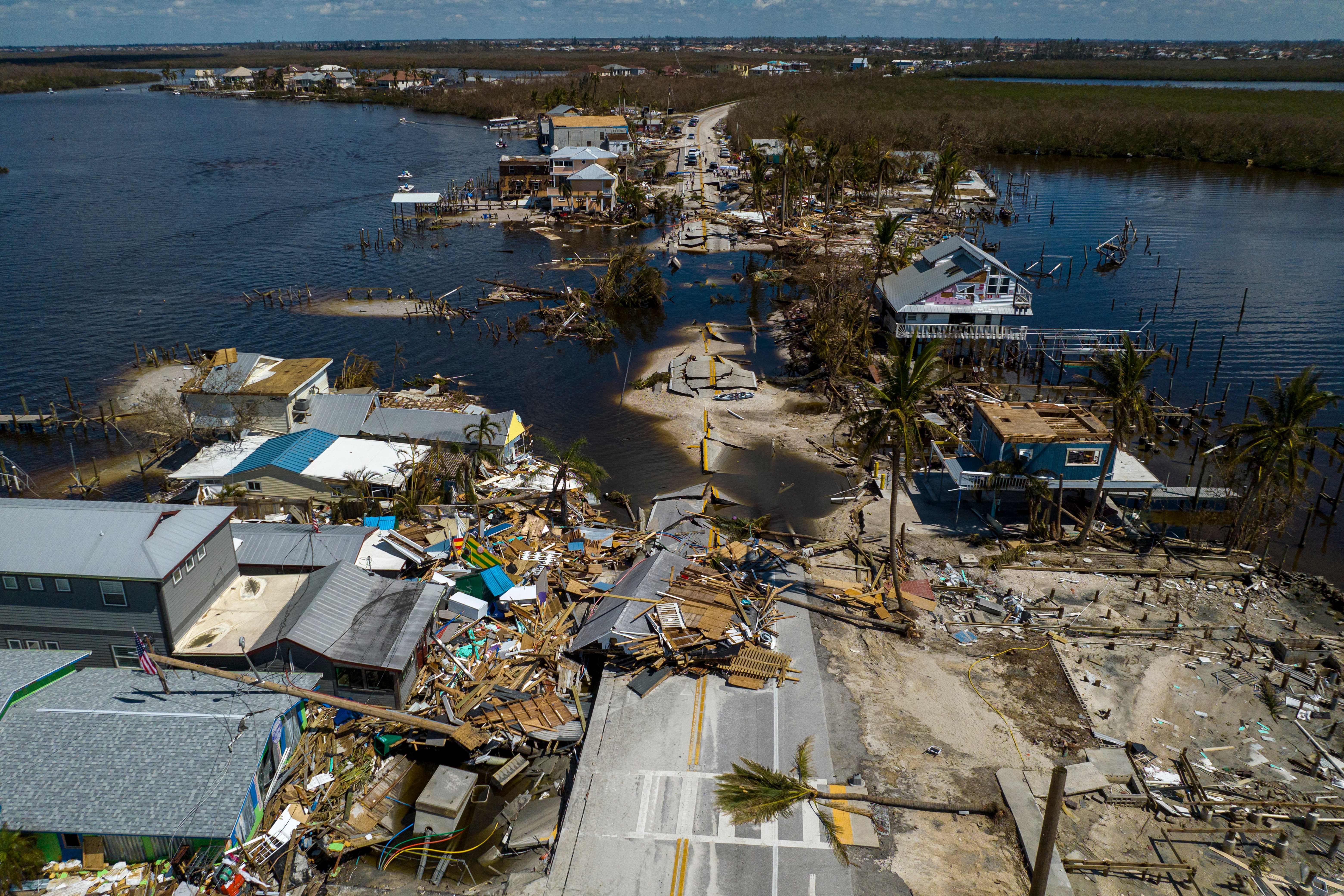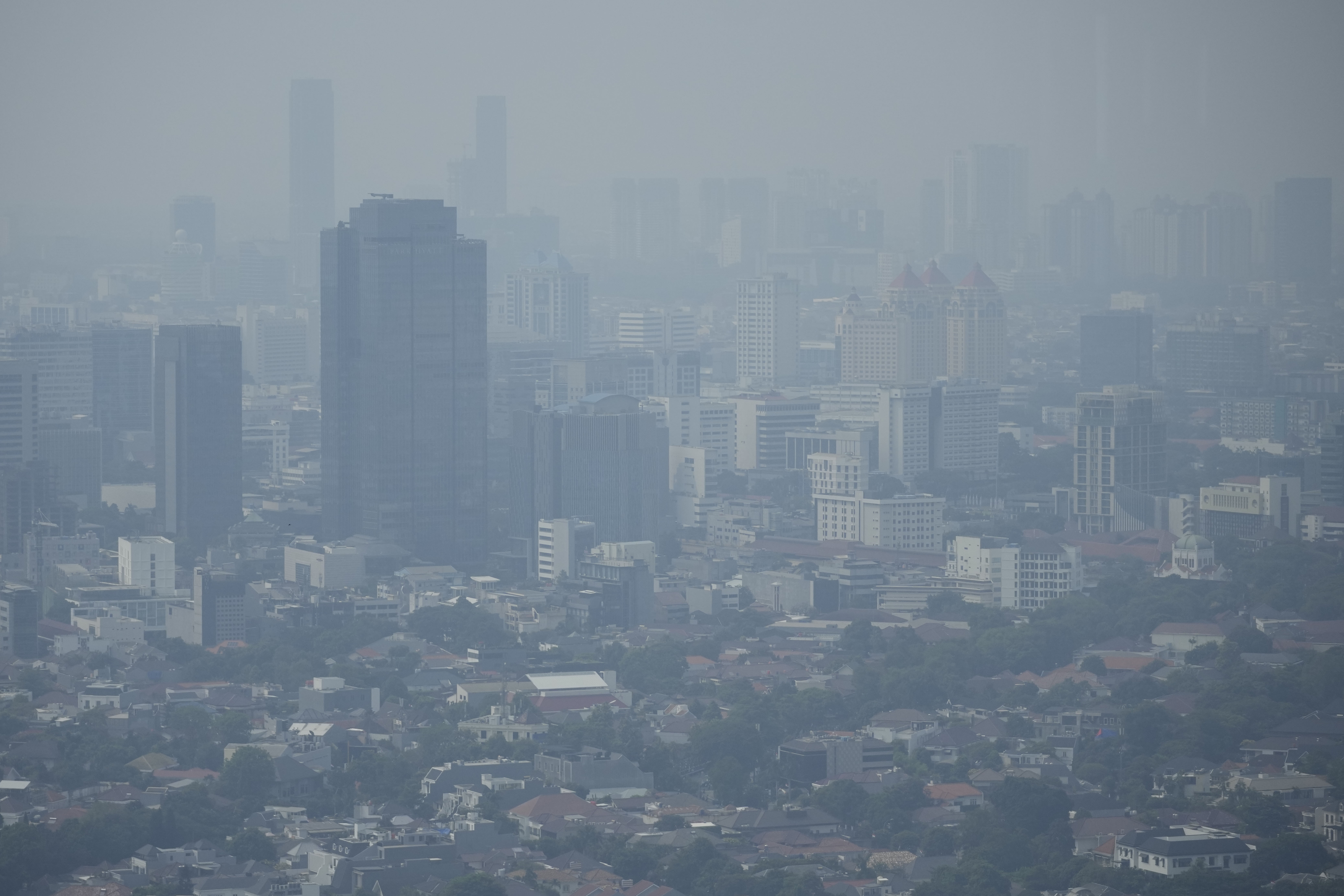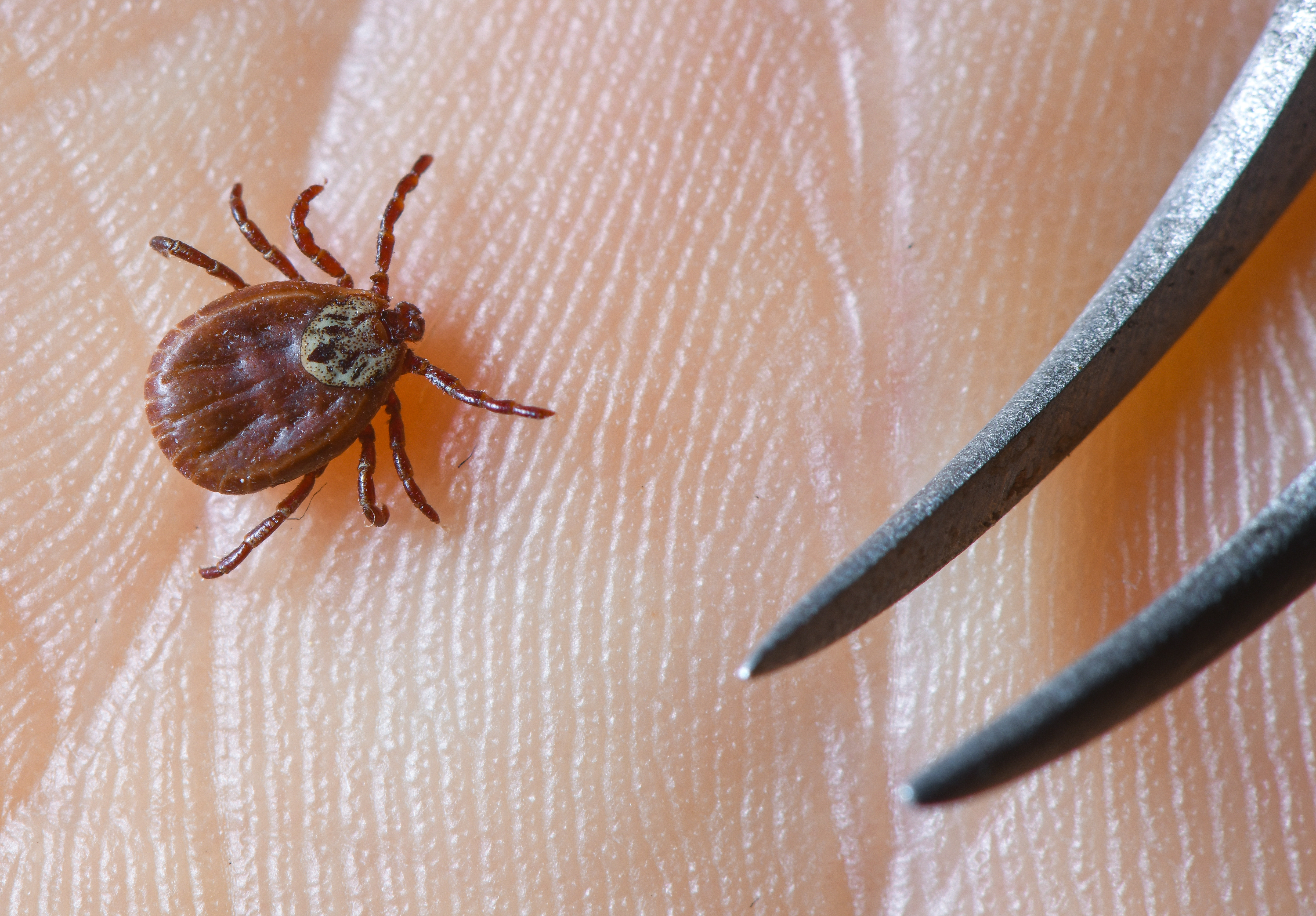Metro is getting in on the electric vehicle game, thanks to a $104 million grant from the federal government.
To celebrate, the transit agency threw a party -- complete with DJ -- in Lorton, Virginia.
That money will expand WMATA's electric bus fleet and help convert bus garages so they serve all electric vehicles. It's an example of how the fight against climate change is changing transit -- and creating new learning curves for the people who keep public transportation running.
Metro already has two all-electric buses, expected to be on the road this fall. And with 10 more on the way, mechanics like Kelvin Hall will soon see changes to the way they do their jobs.
We're making it easier for you to find stories that matter with our new newsletter — The 4Front. Sign up here and get news that is important for you to your inbox.
"It makes the job a little easier," Hall said. He's been a mechanic for Metro for 24 years.
"And it makes the job cleaner. Not the grease and the oil and those things, yeah," he told News4.
That's because the buses are powered with lithium-ion batteries. The new electric buses have two batteries at the back, and two more on the roof -- keeping the bus on the road without the use of gasoline.
The new buses are also very quiet, cutting down on noise pollution as they roll around, according to Metro officials.
Current diesel Metrobuses, on the other hand, are louder, and have many parts to worry about.
But while the electric buses may be simpler to repair, there are still some unknowns about the exact range that electric buses can travel between charges.
"This thing never stops," Metro General Manager Randy Clarke said. "It has hundreds and hundreds of people on it, has massive amounts of air conditioning, has all these doors, all these systems. This thing has to work all day long."
Hall agrees.
"If it only stays on the road for four hours, then we'll need twice as many buses," he explained. "Whereas diesel, now they are dirty, but you can send them out and pretty much they'll be out there all day long."
That's why Metro is converting a number of bus garages to all-electric facilities. The goal is to have the entire Metrobus fleet -- nearly 1,600 buses -- to zero emissions by 2042.
The money going toward the garage conversions and the new electric buses came from the Federal Transit Administration.
According to U.S. Congressman Gerry Connolly (D-Va.), who was at the WMATA party on Wednesday, it's "a clear example of the Bipartisan Infrastructure Law at work," he said in a news release about the grants.
"Investing in better, cleaner transit options for commuters will improve our air quality, cut congestion, and contribute to the fight against climate change. With this grant, we are improving the quality-of-life for all residents of Northern Virginia."
President Joe Biden signed the Bipartisan Infrastructure Law in November 2021. The legislation put more than $1 trillion into transportation, broadband and utilities, and one of the goals included in the bill was building up that infrastructure in a sustainable way for the climate.
Some of the grant money Metro received will also be used to train first responders in lithium-ion battery safety.
Metro has more information about zero-emission bus initiatives on its website.




